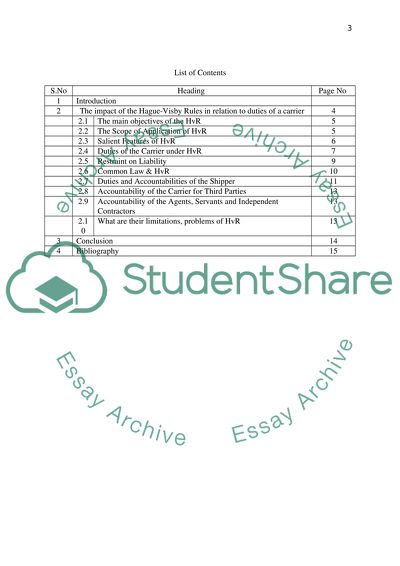Cite this document
(“Critically assess the impact of the Hague-Visby Rules in relation to Essay”, n.d.)
Critically assess the impact of the Hague-Visby Rules in relation to Essay. Retrieved from https://studentshare.org/law/1494935-critically-assess-the-impact-of-the-hague-visby
Critically assess the impact of the Hague-Visby Rules in relation to Essay. Retrieved from https://studentshare.org/law/1494935-critically-assess-the-impact-of-the-hague-visby
(Critically Assess the Impact of the Hague-Visby Rules in Relation to Essay)
Critically Assess the Impact of the Hague-Visby Rules in Relation to Essay. https://studentshare.org/law/1494935-critically-assess-the-impact-of-the-hague-visby.
Critically Assess the Impact of the Hague-Visby Rules in Relation to Essay. https://studentshare.org/law/1494935-critically-assess-the-impact-of-the-hague-visby.
“Critically Assess the Impact of the Hague-Visby Rules in Relation to Essay”, n.d. https://studentshare.org/law/1494935-critically-assess-the-impact-of-the-hague-visby.


